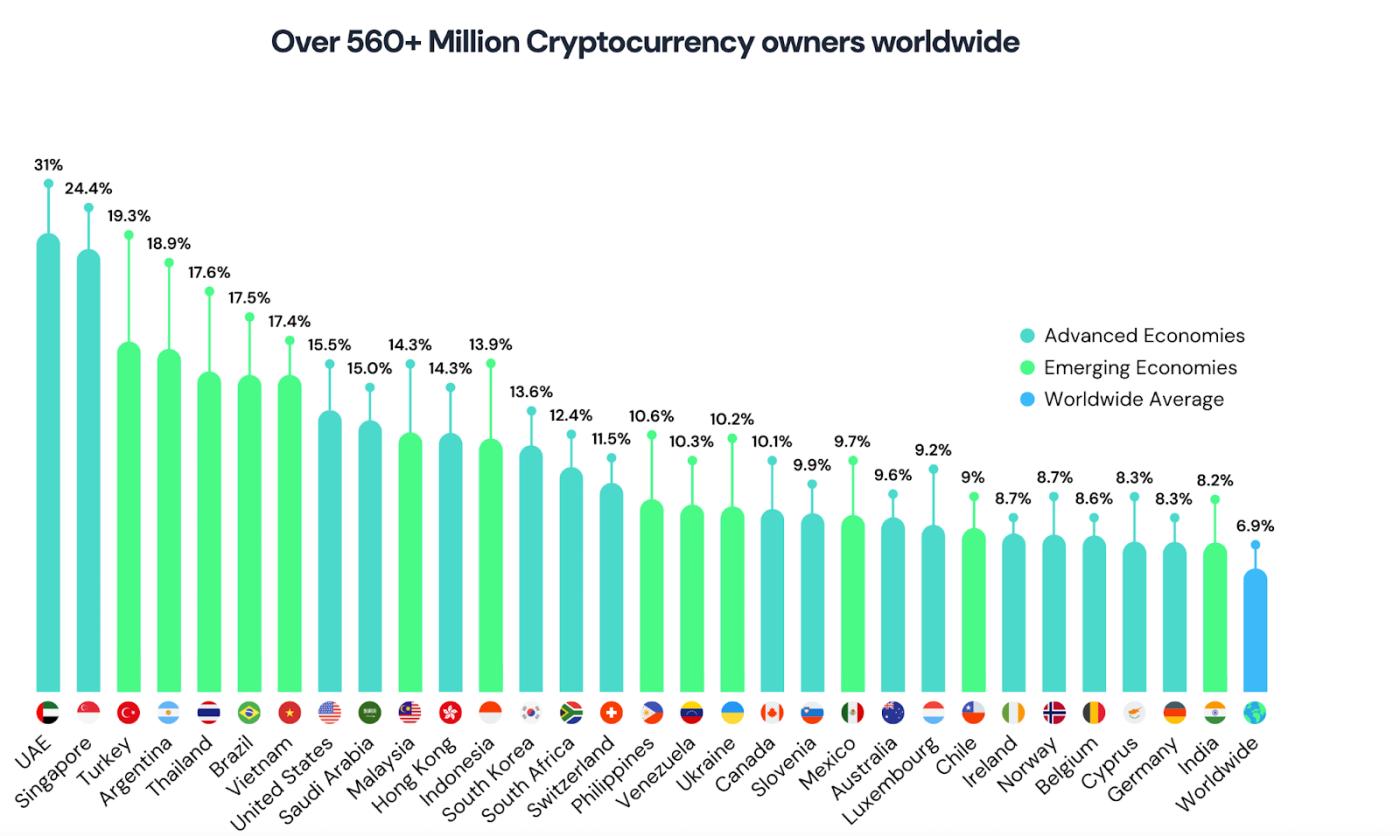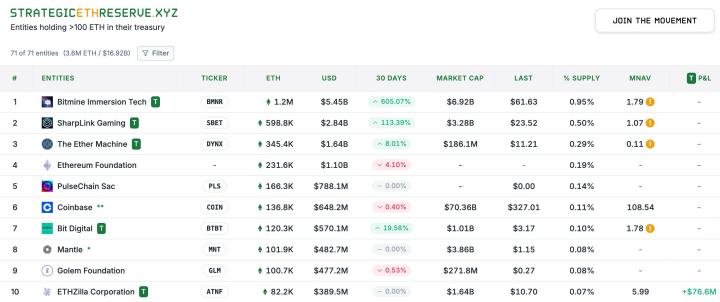In August 2025, China and Hong Kong stood on opposite sides regarding cryptocurrency policies. However, their strategies intersect in shaping the global digital asset market.
Mainland China maintains a strict ban on cryptocurrency trading and mining. Meanwhile, Hong Kong advances as a regulated center for digital assets, tokenization, and Web3 infrastructure.
Mainland China: Prohibition, Enforcement, and e-CNY Priority
Mainland authorities have fully enforced the 2017 cryptocurrency trading ban and comprehensive mining ban. In June, the People's Bank of China (PBoC) emphasized that financial stability and capital control remain top priorities.
"The rapid expansion of cryptocurrencies and stablecoins poses significant regulatory challenges."
Enforcement has been intensified. In July 2025, police and regulatory agencies conducted coordinated crackdowns on plans using Tether (USDT) for illegal cross-border transactions. This is part of a broader effort to curb pressure on the yuan's depreciation and capital outflows. OTC brokers and telecommunication fraud groups are frequent targets.
Chinese companies are legally prohibited from holding cryptocurrencies on their balance sheets. If any, exposure is only indirect through foreign subsidiaries or listings in Hong Kong. Even discussing a yuan-pegged stablecoin remains in the research stage. State economists propose testing in Shanghai or Hong Kong. However, they acknowledge that strict capital controls make short-term implementation unlikely.
The state's digital currency, e-CNY, remains central to their digital financial policy. Tested since 2019, the central bank digital currency has been piloted in dozens of cities. It was also tested at prominent events like the Beijing Winter Olympics. Beijing positions e-CNY as a cashless alternative to private cryptocurrencies, linking its adoption to reducing cryptocurrency market influence.
Hong Kong: Regulated Opening and Market Building
While the mainland restricts, Hong Kong has adopted a "regulated acceptance" model based on transparency and investor protection.
ETF and Exchange Licensing
In April 2024, the Hong Kong Exchange became the first in Asia to list spot Bitcoin and Ethereum ETFs. These products were provided by ChinaAMC, Harvest, and Bosera. The products use in-kind creation and redemption, allowing investors to contribute or receive crypto directly. This feature facilitates price arbitrage and improves price alignment. Initial revenue was modest at 112 million HKD, equivalent to 14.3 million USD, much lower than the US launch volume. However, managers call this an "important milestone".
With strict compliance checks and risk disclosures, managers allow retail investors access to licensed exchanges like HashKey and OSL, only for high market capitalization tokens.
Stablecoin Licensing Regime
On August 1, 2025, Hong Kong's Stablecoin Decree took effect, establishing one of the world's first comprehensive licensing systems for fiat-pegged stablecoin issuers. Requirements include 100% high-quality reserve assets, robust redemption mechanisms, and governance standards. Algorithmic Stablecoins are excluded. Applications have been initiated, with first approvals expected before year-end.
August 2025 Developments: Tokenization and Infrastructure
Hong Kong advanced in tokenization leadership on August 7, launching the world's first registration platform for real-world asset (RWA) tokenization at HKEX Connect Hall. The platform standardizes encoding, classification, and pricing to address fragmented regulations and enhance transparency and liquidity.
A joint report by the Hong Kong Web3.0 Standardization Association and Hong Kong Polytechnic University identified three prerequisites for RWA expansion: standardized data and pricing models, legal and technical interoperability, and reliable governance and auditing. The report warns against assuming tokenization can be widely applied to all asset types.
Christopher Hui, Hong Kong's Financial Services and Treasury Secretary, emphasized a comprehensive regulatory approach covering exchanges, stablecoin issuers, and custody service providers.
"Beyond tokenized government bonds, Hong Kong will explore tokenizing precious metals, base metals, and renewable energy assets."
Along with RWA registration, the government launched a two-month public consultation on regulating virtual asset OTC trading and custody services to close remaining regulatory gaps before year-end.
Private Sector Innovation
Recent months have brought notable initiatives from the private sector aligned with Hong Kong's regulatory framework:
- HSBC has introduced the first city-led blockchain payment service in May, allowing real-time payments and tokenized deposits for commercial finance.
- China Asset Management (Hong Kong) launched the first tokenized retail money market fund in the Asia-Pacific region in February. This fund provides blockchain-based access for investors to short-term HKD deposits and high-quality money market instruments.
These developments complement previous milestones such as HSBC's tokenized retail gold product and Hong Kong's tokenized green bonds.
Corporate Treasury Strategy: Continued Divergence
Some Hong Kong-listed companies are adding cryptocurrencies to their business strategies. Boyaa Interactive was approved by shareholders to purchase up to 100 million USD of Bitcoin and Ethereum. In contrast, Meitu, which bought BTC and ETH in 2021, has sold all its assets after experiencing a price dump, departing from its cryptocurrency treasury strategy.
In mainland China, no listed company can hold Bitcoin as a treasury asset, highlighting policy differences.
International Market Impact
US spot Bitcoin ETFs remain the primary driver of global price fluctuations, with accumulated capital flows of around 12 billion USD contributing to Bitcoin reaching a record high of 118,000 USD in July 2025. The Hong Kong ETF market is much smaller but provides an Asian time zone location for price discovery and arbitrage trading, especially through domestic and international liquidity linking mechanisms.

Hong Kong officials acknowledge that southbound Stock Connect channels do not include cryptocurrency ETFs, limiting direct capital flows from mainland investors. However, they see potential to develop up to 20% of the US market size by attracting regional capital within a year.
Competitive Regulatory Models
Hong Kong's "regulated open" model — balancing innovation and investor protection — is attracting attention as a potential template for other financial centers, including Singapore and Dubai. Its clarity contrasts with the mainland's "e-CNY ban" approach, focusing on capital control and state-managed digital financial development.
Leung Chun-ying, vice president of the Chinese People's Political Consultative Conference, stated, "Web3 and digital economy development have entered a historic opportunity stage, despite being affected by various institutional and technical challenges."
Jonathan Choi, chairman of the China General Chamber of Commerce, added, "Hong Kong's licensing regime for virtual asset platforms, launched in 2023, has been adopted by several Southeast Asian countries."
Prospects
In the short term, the dual structure — a prohibitive mainland and a regulated-but-permissive Hong Kong — will continue to exist. For Hong Kong, upcoming milestones include issuing the first stablecoin license, expanding RWA products into secondary markets, and integrating e-HKD experiments with tokenized deposits and securities.
Mainland China's priorities remain e-CNY deployment and enforcement against unauthorized cryptocurrency activities. Any relaxation of restrictions, such as testing RMB-backed stablecoins, would mark a significant shift with global implications.
While the US remains the primary driver of cryptocurrency prices, Hong Kong's integration of crypto, ETFs, and stablecoins positions it as an additional Asian hub. Whether this develops into deeper cooperation or more intense competition with US-led markets will depend on implementation and the extent to which China allows Hong Kong's cryptocurrency experiments to continue.







